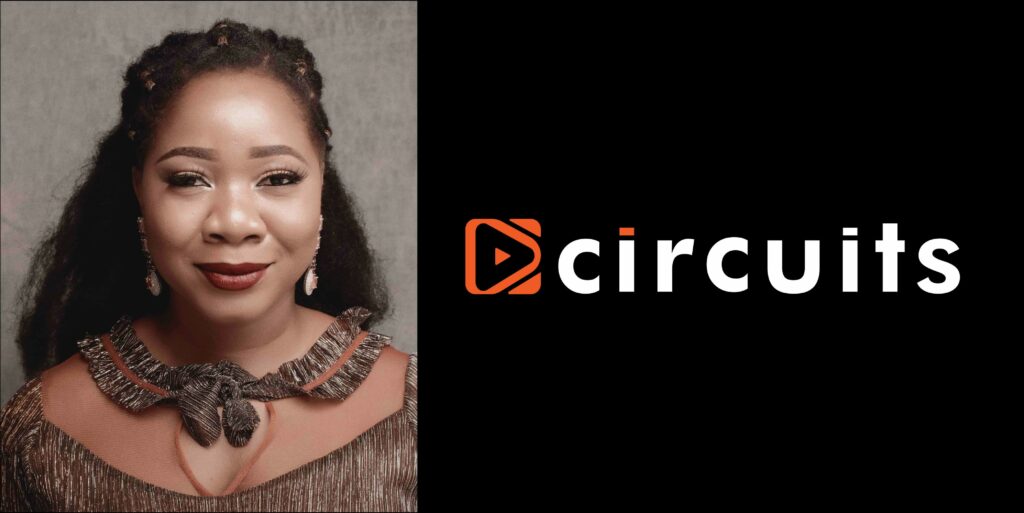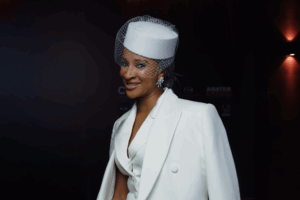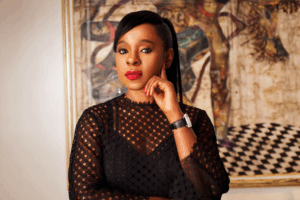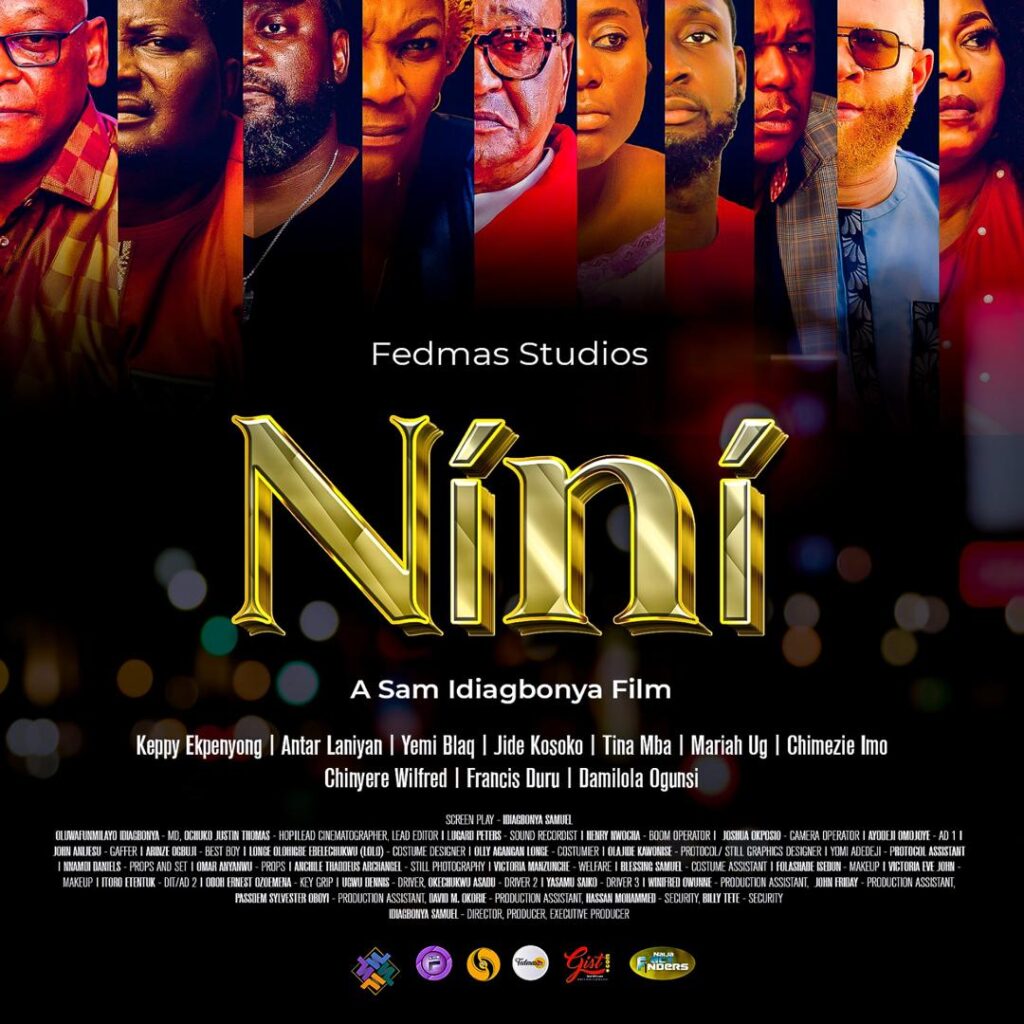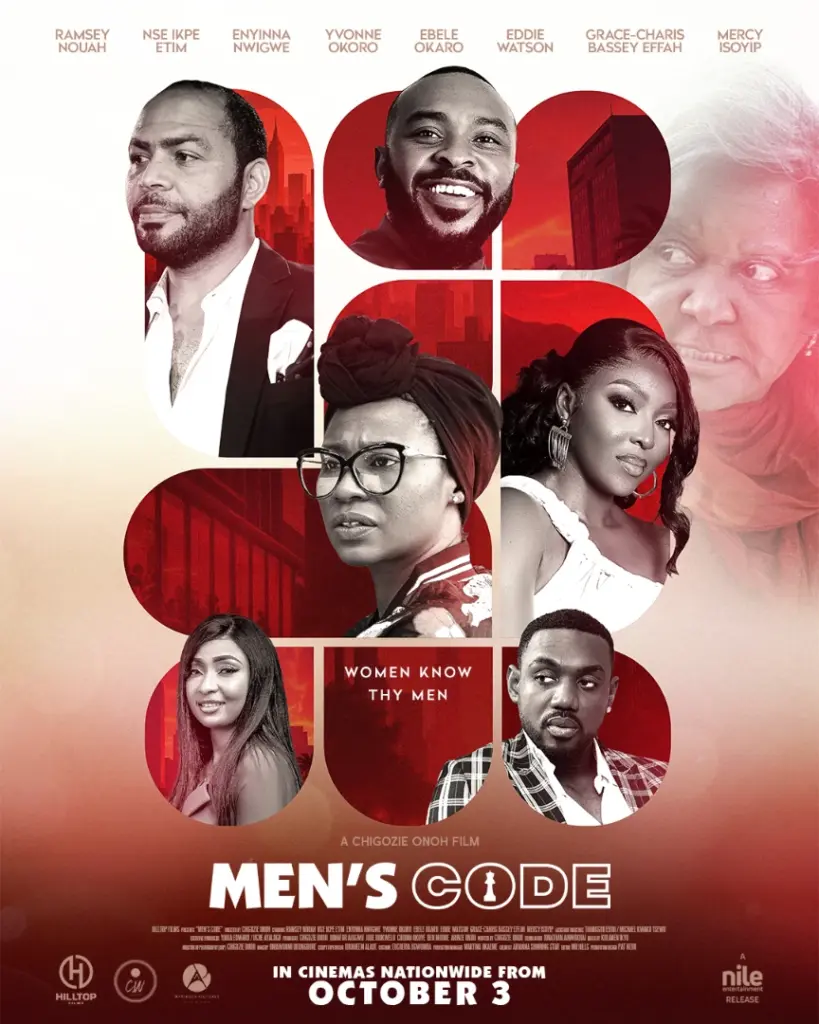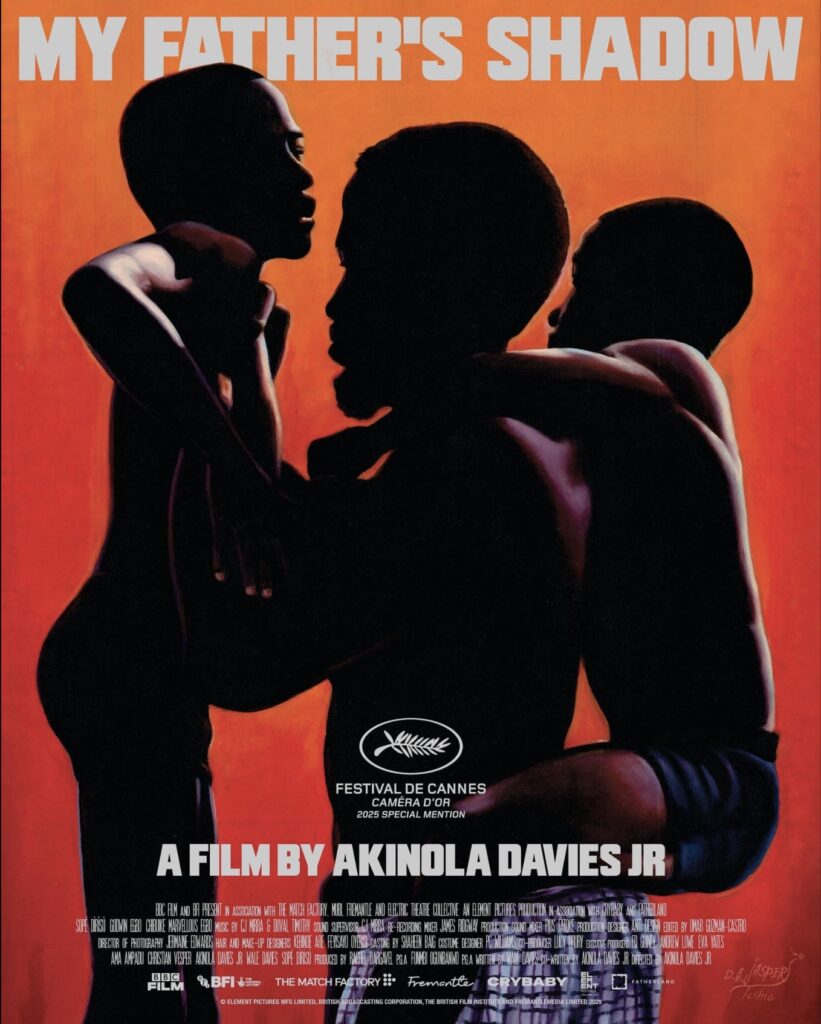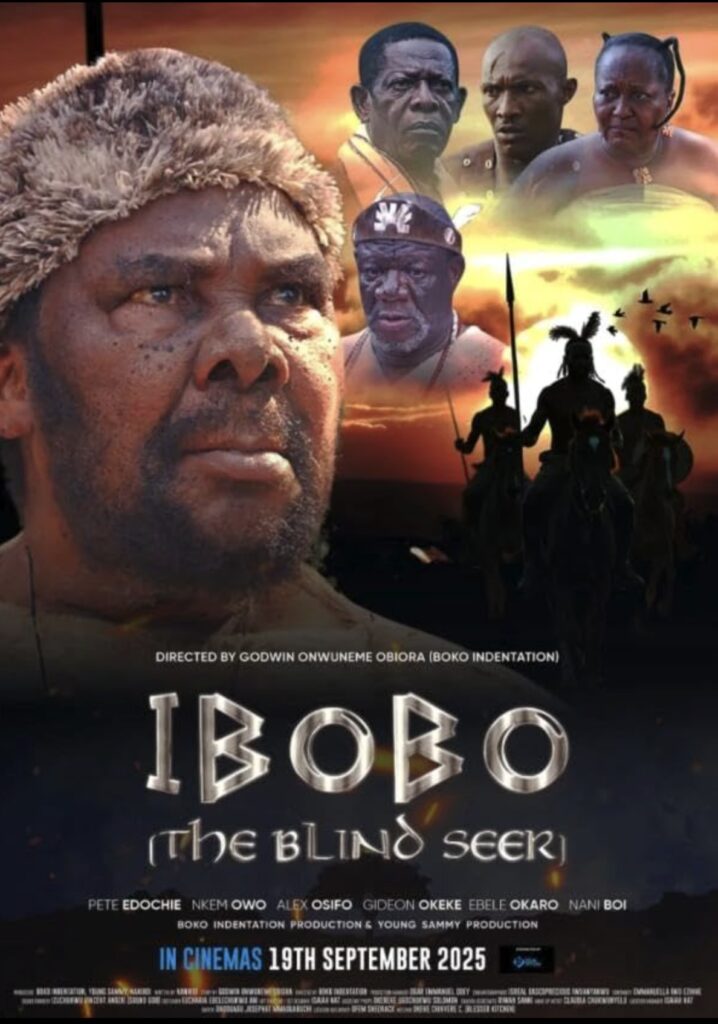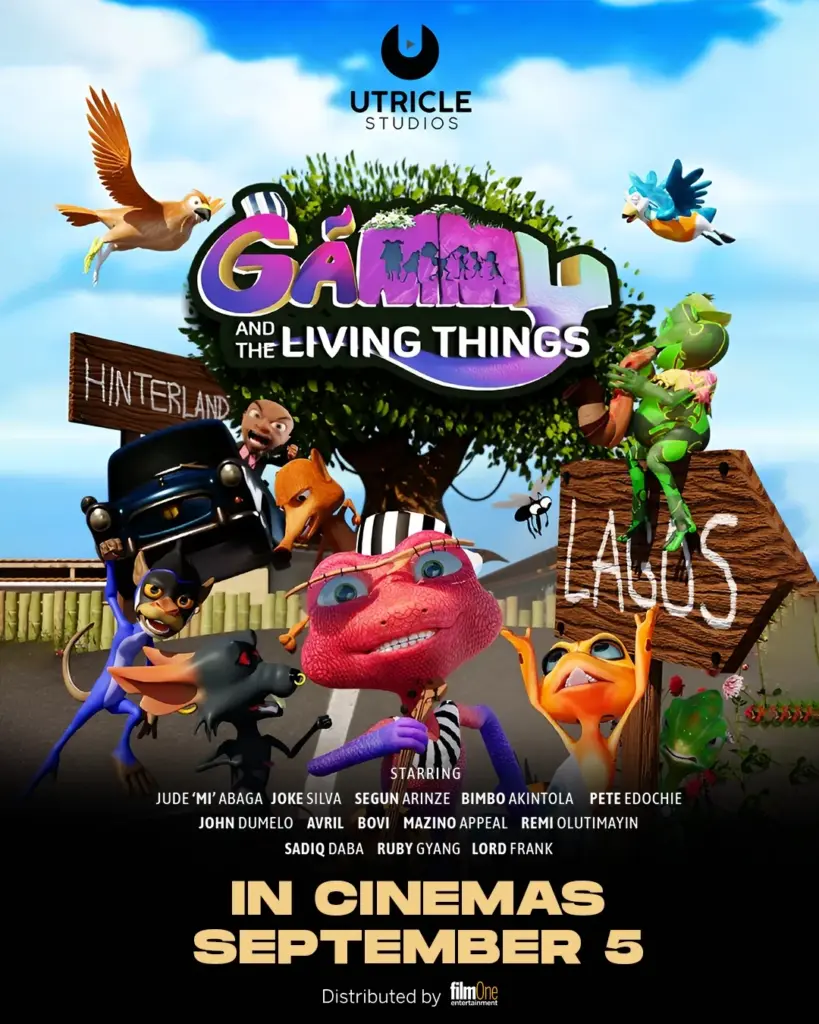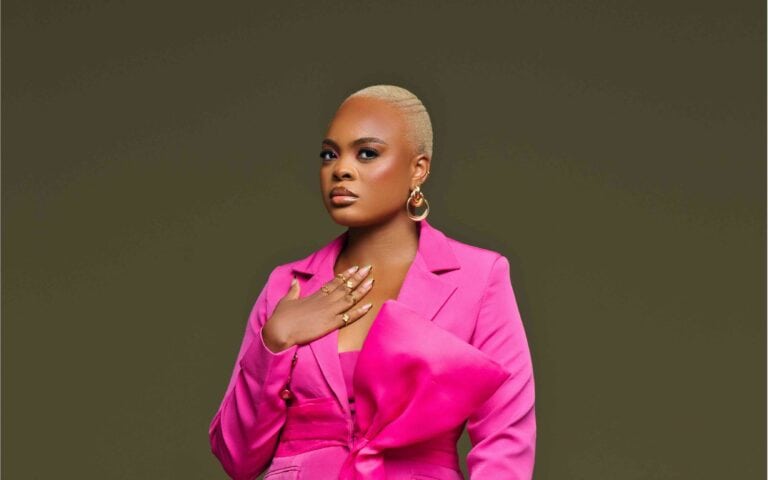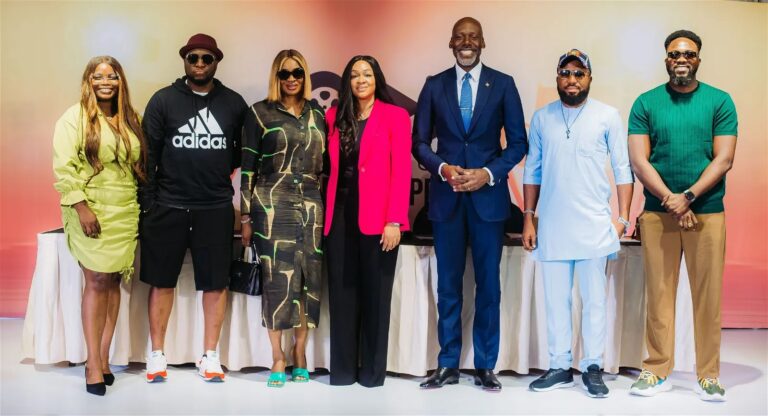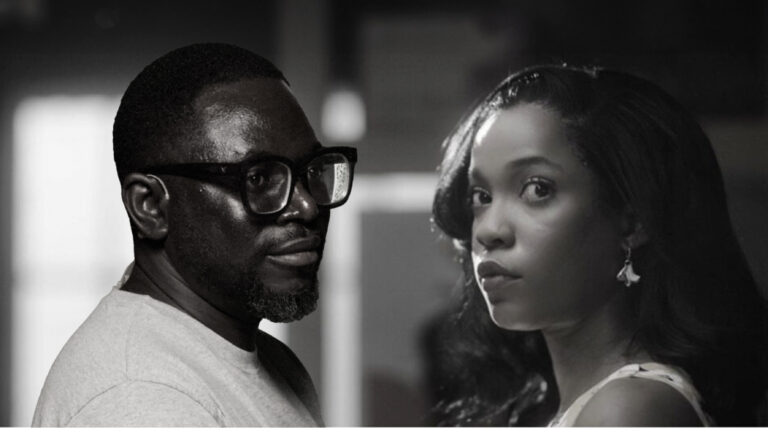The launch of Circuits TV, a new pay-per-view streaming platform heralded as a Nollywood innovation, arrived with the promise of expanding how Nigerian and African stories are told and consumed. From the outset, Circuits positioned itself as a beacon for African storytelling, aiming to carve out its place in the modern-day film distribution market. Yet, the rollout of Circuits has not been without significant challenges.
While the concept holds promise, the execution has sparked conversations about transparency, technical competence, and the broader implications of attempting to match global standards in local markets.
Circuits entered the public consciousness with considerable fanfare. For many, the announcement was a moment of pride—another homegrown streaming platform that could showcase Nollywood without geographical restrictions. Expectations were high, fuelled by the allure of a platform dedicated to celebrating African stories. This was not just another entertainment service; it was a cultural milestone.
However, as the excitement settled and users began to interact with the platform when it launched on December 20, 2024, the hidden cracks in the streaming platform became apparent. What could have been a seamless launch highlighting a new distribution channel for Nollywood quickly became a case study in missed opportunities and a learning experience for Nollywood’s larger ecosystem, not just its team.
Leadership Concerns and Lack of Transparency
One of the first red flags raised by observers and early adopters was the lack of clarity surrounding Circuits’ leadership. The press release announcing the platform revealed Chioma Onyenwe as the only executive, initially naming her as the Vice President before correcting it to Vice President of Content at the launch event. While this might seem like a minor oversight, it left users questioning the robustness of the organisation.
Assuming Circuits is a division of a larger organisation, which company is it and who is its Chief Executive Officer? For an obvious technology solution, where was the Chief Technology Officer (CTO) leading the platform’s development? Where were the other key players who would ensure that this ambitious venture could stand shoulder to shoulder with global competitors?
Nkechukwu Otike-Odibi was eventually revealed as the Product Manager at the December 19 launch event, but this absence of a clear leadership structure led to speculations about the platform’s readiness, organisational capacity, and questions in their ability to secure the intellectual properties of Nigerians.
In a competitive and sceptical market like filmmaking, where trust in new ventures is often tenuous, such gaps in communication and leadership concerns can erode confidence.
Nearly a week after its launch, Nigerians continue to ask who the real people and owners behind Circuits are.
Circuits TV Review: Technical Shortcomings, Communication Gaps, and The Challenge of Unrealized Expectations
Beyond leadership, the user experience on Circuits has been another source of contention. Users reported numerous issues, from basic UI/UX flaws to more concerning systemic problems.
For instance, email notifications about account registration and payment—an essential part of any digital platform—frequently landed in spam folders. In a potentially major security misstep, some of the emails were even sent from a noreply@circuits-messaging-service.com instead of an email address ending with the Circuits actual domain, circuits.tv.
Payment processing and streaming content on the platform, too, were a source of frustration.
One user recounted their experience of making a payment to watch ‘Asiri Ade’ via bank transfer, only to face delays and confusion in receiving confirmation. After finally receiving a payment confirmation email (also delivered in the spam folder), the user couldn’t access the film and was asked to pay again. The issue was resolved by the support staff sending a voucher code to the user, which worked.
Other users also complained that Circuits fell short of its “cinema at home” promise due to its poor video and audio quality when compared to Netflix, Prime Video, or Showmax.
Instagram user phattieonwuka said, “Circuit TV is rubbish and not diaspora friendly. How do you charge every 24 hours knowing how it is down here? You expect people to sit and watch a 6-episode film at once with all the skips and glitches on that site? Me I don leave am o. People in Africa should enjoy.”
Then, there’s the concern of the security of content on the platform. We saw claims, which we have also confirmed, that you could screen-record any content on Circuits. Unlike Netflix and other streaming platforms, which prevent users from recording their screens while using the platform, Circuits gives you a free pass to record your screen.
This discovery left both producers and users feeling that the platform was more of a cobbled-together project than a built solution designed to meet the demands of a global audience.
Users had anticipated an innovative and technically strong platform that would signal Nollywood’s readiness to compete on a global stage. Instead, what they encountered was a landing page integrated with off-the-shelf tools, which seemed to undermine the grand vision initially presented.
In retrospect, all these issues should not have come as a surprise considering the communication strategy, or lack thereof. Many who joined the waitlist reported never receiving follow-up emails till after its launch, leaving users to speculate about the platform’s status.
Such missteps in communication are particularly damaging in the context of a new product. Users and industry observers alike need to feel informed and included in the journey. By failing to provide vital and timely communication, Circuits is inadvertently alienating its most important stakeholders.
The Path to Redemption
Despite these challenges, the team behind Circuits has shown a willingness to listen to feedback and adapt. During a candid conversation between the Circuits and the Nollywire representatives, Chioma Onyenwe and Nkechukwu Otike-Odibi acknowledged the criticisms and outlined plans for improvement. They emphasised that Circuits is a work in progress and that these early hiccups are part of a broader learning curve.
Otike-Odibi highlighted the technical challenges faced during the platform’s launch, stating, “We are aware of the issues with email deliverability and payment processing. These are areas we are actively working to address, and we’ve already started making adjustments to improve the user experience.”
In response to concerns about transparency, the VP of Content remarked, “This is not just a content business; it is a tech product. We understand the need to communicate better about our roadmap, including our reliance on third-party solutions as an interim measure. Transparency is a priority for us moving forward.”
Onyenwe also acknowledged the importance of building trust with their audience. “We need to be upfront about what we’re doing and why. For now, we’ve chosen partnerships that allow us to launch quickly, but we’re committed to developing our proprietary technology in the near future,” she explained.
Nevertheless, the question still stands: Who owns Circuits TV? Is it Papaya Studios, which owns three out of the six titles available on the platform in Nigeria, like some have claimed?
The Circuits TV launch problems must be quickly addressed by revealing their real owners and hiring experienced technical leaders.
Circuits could benefit from implementing detailed updates on its platform roadmap, offering timelines for resolving key issues like payment processing and UI/UX improvements. Establishing a clear chain of communication with users and industry stakeholders will be critical in rebuilding trust.
Is Circuits a Win for Nollywood?
While it is easy to focus on the shortcomings, it is important to recognise the significance of Circuits’ launch. The platform represents an attempt to elevate African storytelling and challenge the dominance of international streaming giants. Even with its flaws, Circuits TV is a step toward greater ownership and representation in the global media landscape.
The story of Circuits is one of ambition tempered by reality. While the platform’s launch has been far from perfect, it represents a crucial step forward for Nollywood and African storytelling. The challenges faced by Circuits are not insurmountable; they are growing pains that, if addressed quickly, can pave the way for a stronger, more resilient platform.
While Showmax and Netflix have faced their share of challenges in capturing the Nollywood audience, their iterative improvements over time demonstrate that platforms like Circuits TV can eventually overcome early mistakes with the right approach.
If Papaya Studios is indeed behind Circuits TV, this connection could provide a foundation for its content strategy. However, it also raises questions about whether the platform can balance its focus on in-house productions with the broader Nollywood industry. But the company must boldly stand behind this attempt to reshape the perception of Nollywood globally and redefine to the world that it is a viable industry.
In the end, Circuits is a reminder that innovation comes with challenges. It has the potential to redefine Nollywood’s place in the global streaming landscape, but first, it must prove that it can rise to the challenge of innovation

